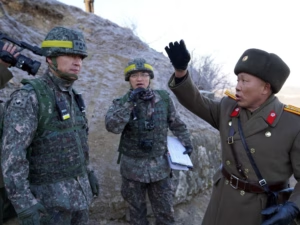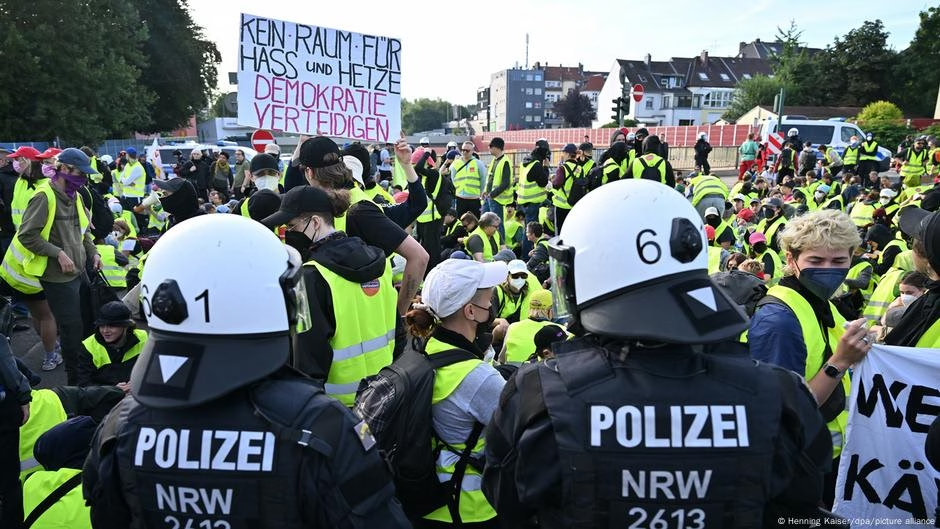We are currently in a time where division and discord are rampant and widespread. In this atmosphere, figures like Donald Trump, alternative political parties such as the Alternative for Germany (AfD), and conflicting views on migration and climate change issues are contributing to an increasingly polarized world, with rifts deepening between different social groups and even national borders.
Despite the deepening of divisions, the number of collective issues that require co-operation and unified action is also growing. These include conflicts, migration, trade, climate change, and social issues, all of which affect the entire world without regard to existing divisions.
Historically, democratic societies have been praised for their ability to solve problems through joint and open confrontation of social challenges, supposedly leading to solutions that could garner broad majority support. However, in today’s polarized societal climate, this has taken a hit, with decreasing willingness to compromise and increasing political intransigence.
The driving force behind such divisions is often associated with the rise of the far-right, which singularly blames migration for societal splits, seeking closed borders and tightening immigration controls. This sentiment is observed not only in political spheres but also in mainstream society, with individuals like German chancellor candidate Friedrich Merz contributing to this narrative by using hard-hitting rhetoric against Muslim families. The instrumentalization of the migration issue by these factions is seen as a factor deepening societal divisions.
Researcher Nils Teichler from the Research Institute for Social Cohesion in Germany highlights that in regions where far-right parties like the AfD are strong, divisive attitudes extend beyond their voters to the broader population, affecting treatment of minorities and other vulnerable groups. The Instutiute found a correlation between AFD political success and how local populations perceive disadvantaged groups, with Muslims, migrants, and individuals with lower educational attainment being particularly targeted.
Teichler suggests that while both division and the rise of the far right are interconnected, the social instrumentalization of migration issues has been predominant. The singling out of migration as the main driver of division is criticized by sociologists, who argue that broader societal issues such as affordable housing, fair wages, and social mobility need to be addressed to truly mend societal fractures. Experts recommend shifting the focus from ideological debates to concrete social and economic challenges that directly affect the populations’ quality of life.
Overall, the division of society and the targeting of marginalized groups come at a significant cost, leading to isolation, fear, and a strained sense of citizenship among migrants and other affected populations. Addressing these divisions and their underlying social causes is considered essential in order to counter the rise of far-right sentiment and restore unity within societies.
Source: https://www.dw.com/en/how-the-far-right-afd-creates-divisions-in-society/a-71911100?maca=en-rss-en-all-1573-rdf









